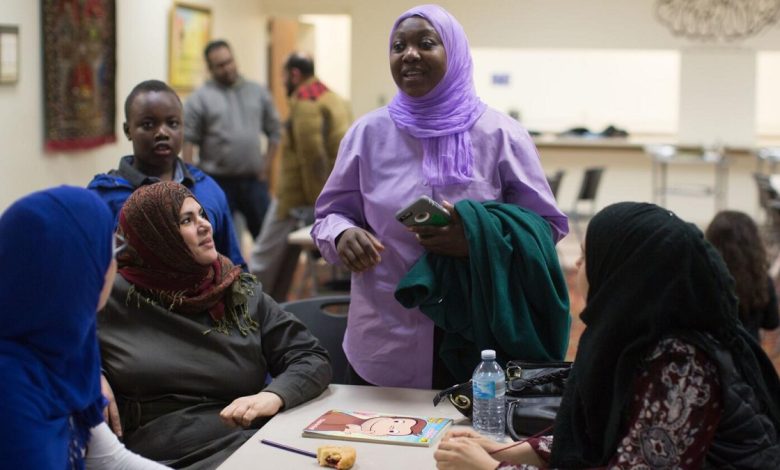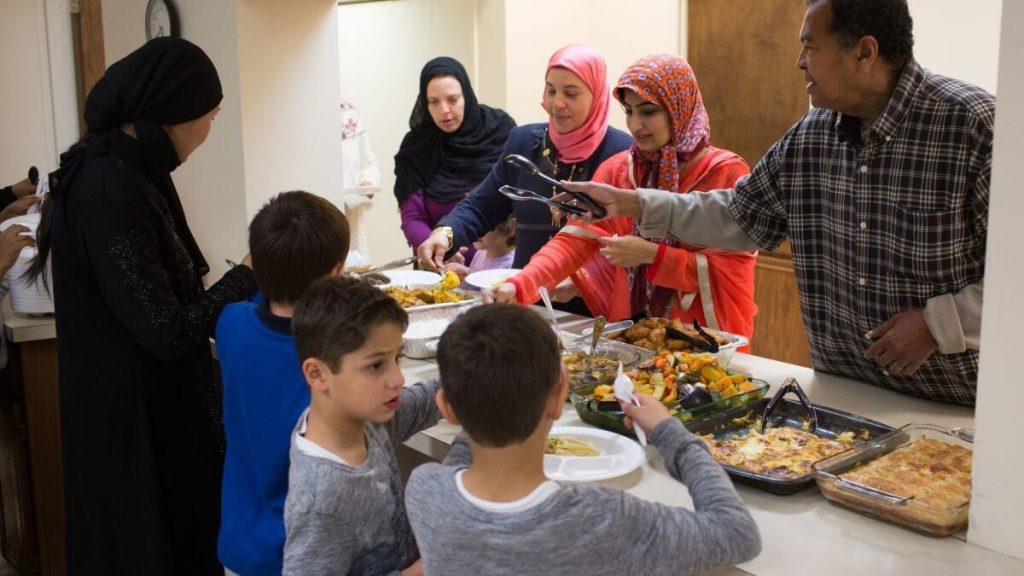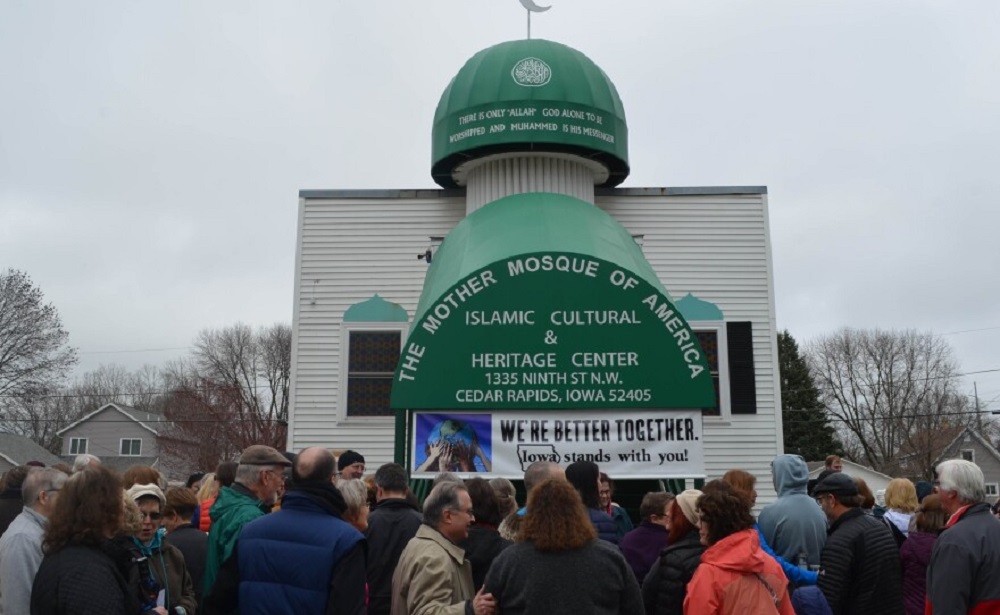The Growing Muslim Community in Iowa: Faith, Culture, and Contribution
How Iowa’s Muslim population is shaping culture, economy, and interfaith understanding in the heart of America.

The state of Iowa, often celebrated for its farmland, universities, and small-town charm, is also home to a growing and vibrant Muslim community. In cities like Des Moines, Cedar Rapids, and Iowa City, Muslims have become an integral part of the state’s cultural and social fabric.
Historical Roots
The Muslim presence in Iowa dates back more than a century. Cedar Rapids, for example, is home to The Mother Mosque of America, built in 1934 and recognized as the oldest standing mosque in the United States. This historic landmark reflects the deep roots of Islam in the Midwest, showing that Muslims have been part of the American story for generations.

Mosques and Islamic Centers
Today, Iowa has multiple mosques and Islamic centers serving diverse communities from Arab, African, South Asian, Bosnian, and American-born Muslim backgrounds. Centers such as:
-
Islamic and Cultural Center of Des Moines
-
Islamic Center of Cedar Rapids
-
Iowa City Mosque
These institutions are more than just places of worship—they act as schools, community hubs, and cultural bridges, offering Arabic and Quran classes, youth activities, and interfaith dialogue programs.
Halal Food and Business Growth
With the growing Muslim population, halal food in Iowa has become increasingly available. Restaurants, grocery stores, and butcher shops provide certified halal products, catering not only to Muslims but also to non-Muslims interested in ethical and clean food options. The popularity of Middle Eastern, Somali, and South Asian cuisines is also introducing Iowans to new culinary experiences.
Education and Youth
Muslim families in Iowa prioritize education, with many students excelling in local schools and universities such as the University of Iowa and Iowa State University. Student associations like MSA (Muslim Students’ Association) foster community spirit and provide platforms for young Muslims to strengthen both their identity and leadership skills.
Interfaith and Community Engagement
The Muslim community in Iowa actively participates in interfaith initiatives, charity events, and social justice campaigns. Programs hosted by churches, synagogues, and mosques bring together people of different faiths, building bridges of understanding and cooperation.
Economic Contributions
Muslim entrepreneurs, doctors, engineers, and small business owners play a significant role in Iowa’s economy. From running medical clinics and law firms to operating restaurants and grocery stores, Muslims contribute to the state’s prosperity and diversity.

Identity and Challenges
Like other Muslim communities across America, Iowa Muslims face challenges such as Islamophobia and cultural misconceptions. However, their strong institutions, supportive interfaith partners, and commitment to civic life have helped them thrive while maintaining their cultural and religious identity.
Conclusion
The Muslim community in Iowa is a testament to diversity in the heart of America. With its historic roots, growing youth population, and increasing social and economic contributions, the community continues to enrich Iowa’s culture while staying deeply connected to its faith. From the Mother Mosque in Cedar Rapids to the halal shops of Des Moines, Muslims in Iowa are shaping a unique chapter in America’s multicultural story.



